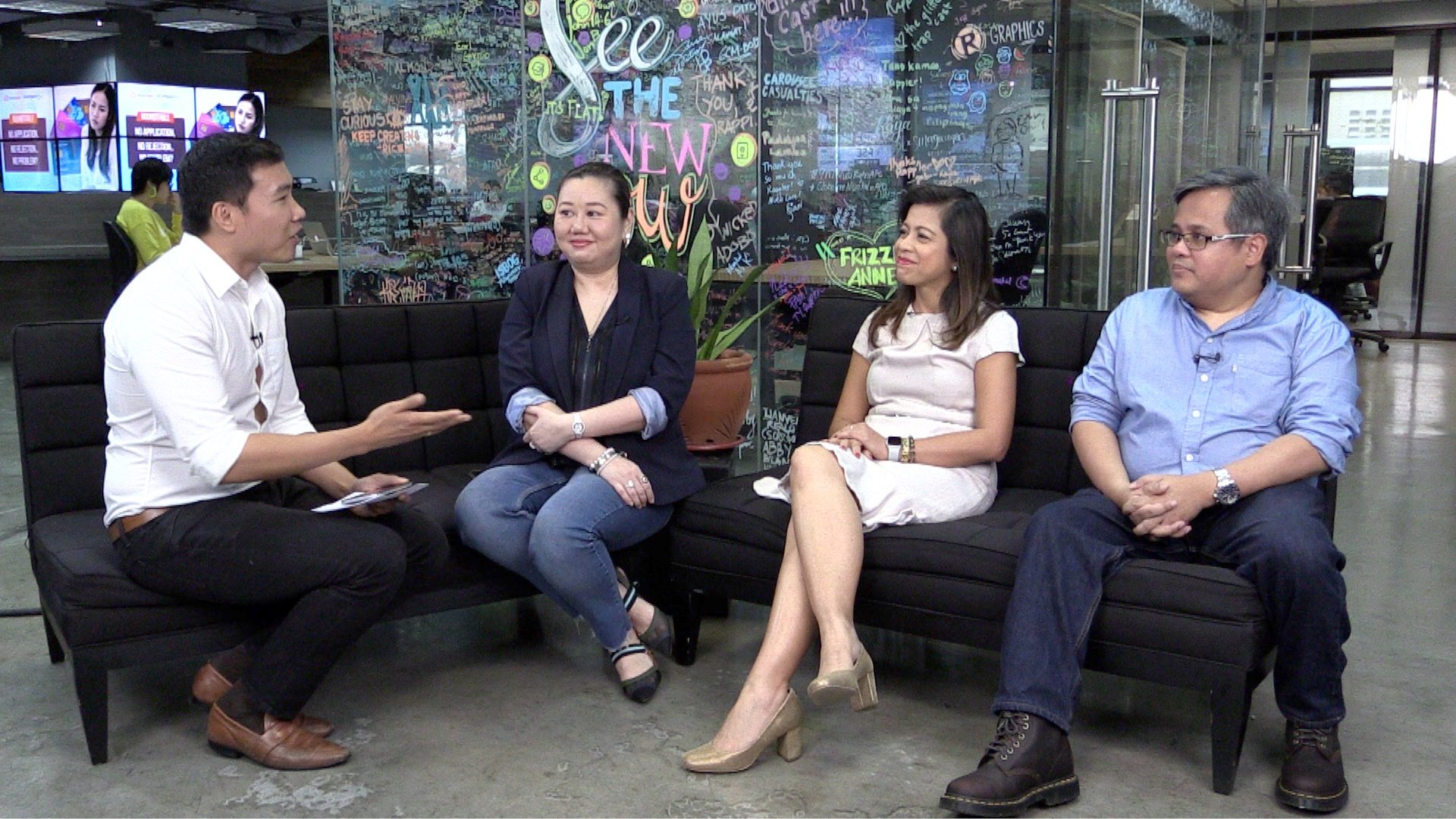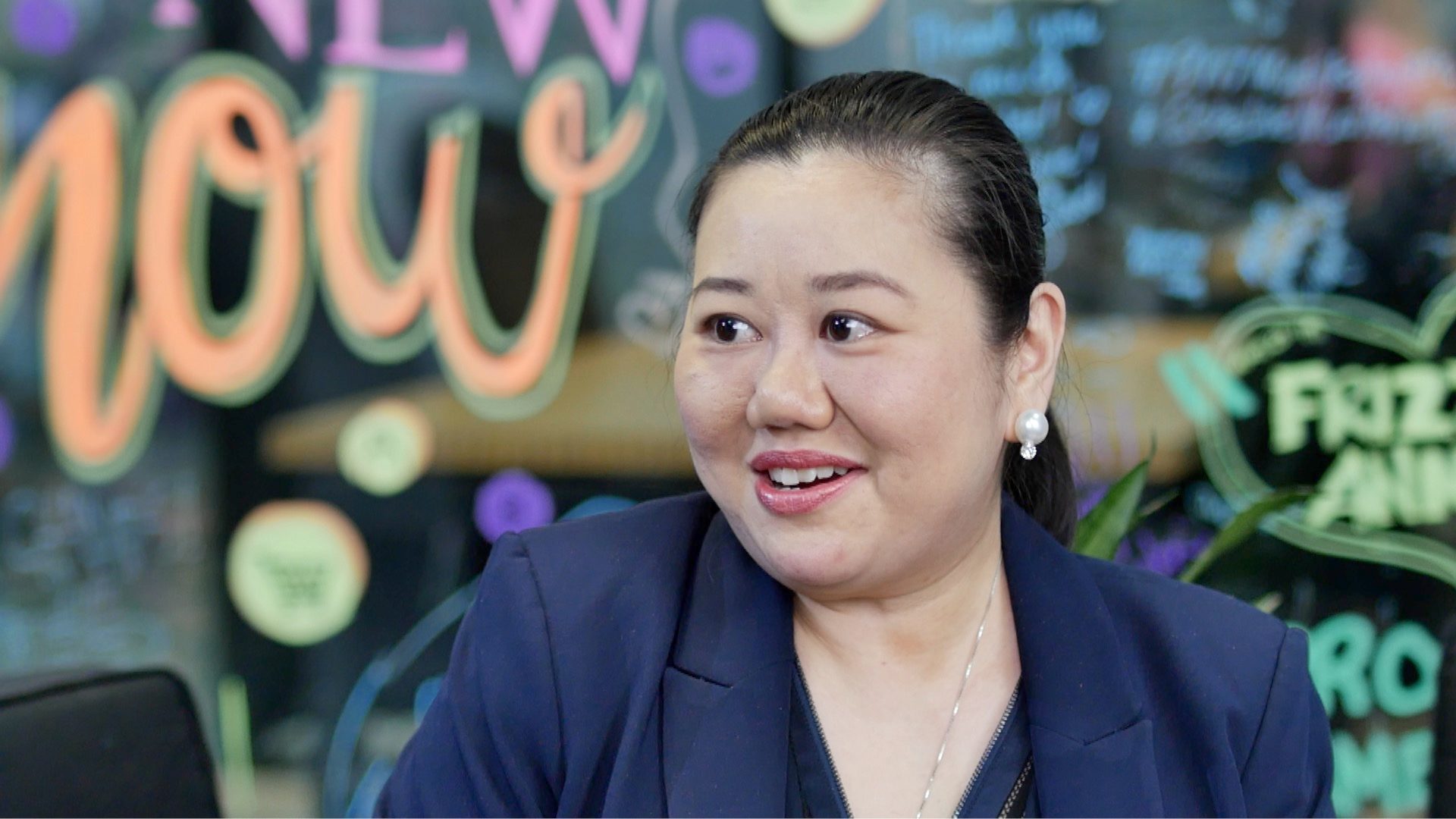SUMMARY
This is AI generated summarization, which may have errors. For context, always refer to the full article.

MANILA, Philippines – “Once you start with yourself and gain that self-awareness, that’s already empowerment in itself,” said Stephanie Chung, Co-founder and CEO of eCompareMo, when asked what advice she could give to those looking to take control of their credit.
In a roundtable discussion held last July 30, experts from various financial institutions shared their thoughts on the credit landscape of the Philippines.
The discussion answered questions like: Why is it so hard to build credit when you have no credit? What must one do to maintain a good credit standing? And, what are financial institutions and other services doing to make credit more accessible?
READ ALSO:
Getting #rejectED sucks, here’s what you need to know about the credit process
ROUNDTABLE: No application, no rejection…no problem?
Included in the panel were:
-
Ginbee Go – President, BPI Family Savings Bank
-
Aya Laraya – Founder, Pesos and Sense; Co-founder, Ronin Group of Companies
-
Stephanie Chung - Co-founder and CEO, eCompareMo
Vince Rapisura, social investor, university lecturer, and host of #UsapangPera, moderated the panel.
It all boils down to education
All the experts agreed that what’s most crucial when seeking to apply for credit is for people to educate themselves.
“I know it’s boring, it’s hard…but it saves a lot of headaches later on,” said Aya Laraya of Pesos and Sense.
As a survey conducted on the Rappler and eCompareMo sites shows, the majority of respondents that have applied for loans have been rejected once or twice. This rejection has led them to be discouraged from future applications.
The mix of misconception (as many already fear using cards) and the actual trauma of rejection gives us an idea of why financial services have such low penetration rates.

Chung says that for people to fully grasp financial inclusion—or access to financial services—the market must be educated. “[We need to] educate people in order for them to realize what it is, what it can do to empower them.”
This education must take a 360 approach. It is countering misconceptions and teaching people the benefits of having access to financial services. It is making them aware of what one has to do during the application process. And, it is teaching them how to responsibly use cards and loans once they have them.
Application and access
Being aware of the application process is a step in preventing rejection.
Chung states that most of the time, people get rejected because of the lack of application requirements. According to her, many banks don’t have the manpower to go through all applications. To reduce the load, applications with insufficient requirements get automatically rejected.
These lacking requirements may be as simple as failing to submit an ID or other simple paperwork.
Ginbee Go, president of BPI Family Savings Bank, says as much as possible they provide advice so their customers may get easier approval the next time around. She suggests that customers shouldn’t also be afraid to build relationships with their branch of account.
“Having a relationship with a bank is one way which you can build history. So if you have a deposit account, you know the branch manager or the relationship manager, and you’ve been a client of the bank for quite some time, then the bank will be able to lend you given what they know about you.”
It also helps that people assess first what they are applying for. An example would be online services such as loan calculators. This will help them see if they could manage down payments and monthly amortizations before applying.
eCompareMo is also readily available online, removing the need to go to a bank just to inquire. You can go online, compare rates from different banks, then decide whether you want to apply or not.
Responsible use
Owning a card is a different journey altogether. It requires a mindset change.
For the panel, though understandably, many may have heard horror stories of people going into debt or other cases of mismanaging credit cards and loans, the landscape is now advanced enough for consumers to find guidance when they need it.
For one, financial education is now abundant and heavily teaching people to use credit cards for convenience and not as “extra cash” for splurging. Cardholders must be aware, responsible, and capable enough to pay their remaining balance at the end of every cycle.
“If you cannot pay the full amount, pay more than minimum so that you don’t get bogged down,” says Chung.
Secondly, as mentioned above, tools are now readily available to guide you towards taking better control of your credit.
Educate yourself and be knowledgeable about the products and services you are availing. This awareness is the key to prevent your applications from getting rejected and further empower you financially in the future.
This roundtable is just the first of Rappler and eCompareMo’s #RejectED series. Stay tuned in the coming months for more topics to guide you towards financial freedom. — Rappler.com
Add a comment
How does this make you feel?
There are no comments yet. Add your comment to start the conversation.